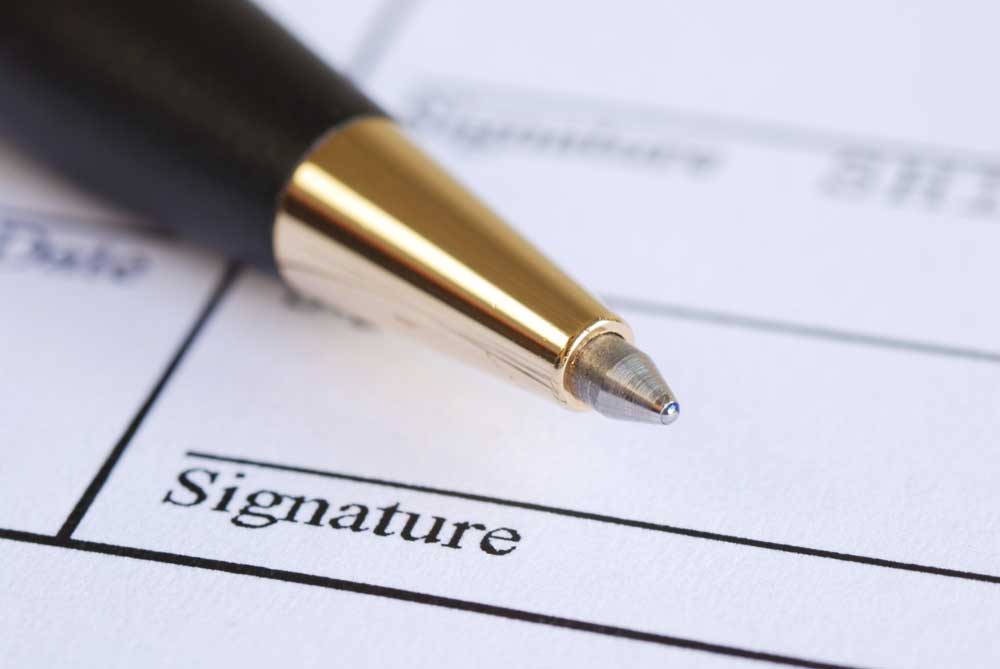Although many property owners like to rent a home for supplemental income, the bottom line can’t be the only driving force in rental property management. There are certain rights afforded to tenants of a rental unit, some of which Rhino Property Management details below.
Tenant Rights All Landlords Should Know
State laws may vary, but there are some steadfast tenant rights that all rental property managers and owners should follow.
Non-Discriminatory Screening Process
Landlords do have a right to conduct background and credit checks on potential tenants, but no personal factors can prevent a landlord from renting their property. A rental property management company can conduct tenant screenings to ensure potential renters have a reliable rental record, with no history of evictions or disruptive behavior. However, tenants cannot be discriminated against due to factors including race, religion, gender, or age (unless rentals are in specific communities, such as 55+).
It may initially come across as discriminatory to refuse to rent a property to a tenant with a large family, but federal rental occupancy standards do limit the number of people who can reside in a single bedroom together. According to these standards, no more than two people can live in a bedroom, which may prevent some applicants from being eligible for your property. Before you set a hard and fast rule in your rental agreement, be sure to research any state occupancy laws that may amend the federal standard.
You can find information about non-discriminatory rental practices via the U.S. Department of Housing and Urban Development (HUD) website HERE.
House Habitability
A home must provide certain elements of habitability to tenants, including functioning heating and cooling systems when applicable, reliable plumbing, electricity, and routine maintenance. If a landlord or rental property management company neglects to provide a habitable environment, it’s a violation of tenant rights.
Other Habitability Issues
- Working appliances
- Pest control
- Mold remediation
Any rental that does not meet specified habitability standards is a violation of tenant rights.
Additionally, a dwelling should meet certain sanitary standards prior to the tenant moving in. If concerns arise at no fault of the tenant (backed up plumbing, for example), tenants have a right to have the issue addressed in a timely manner. It is a tenant’s right to request maintenance on a property, and a tenant can potentially withhold rents if the repairs that affect habitability are not addressed.
Notice
Landlords cannot enter a rental property without proper notice to the tenants. The renters have a right to know when a landlord, or property manager, will be inspecting the home, doing yard work, or making repairs. How much notice may vary by state, but it’s good practice to offer no less than 24 hours’ notice to tenants.
Additionally, tenants should be made aware of scheduled rent increases before taking effect. Usually, rent increases are written in the lease so all parties know of the terms and conditions (cost of living increase, appraised value of the property, property taxes) that could affect the current rental rate.
Landlords have a right to sell the property they own, but notice must be given to the tenants. Typically, a 30-day notice is required of either tenants or landlords prior to vacating a property. This means that even though the lease may be scheduled to end, a tenant must give a 30-day notice in writing to confirm their intent. On the flip side, a landlord should also communicate intent to sell or terminate the lease at the agreed-upon end date of the contract. This way there is no confusion about whether or not a tenant can renew the lease and continue living at the property. This also means a landlord cannot tell tenants they’re selling the house and expect the tenants to vacate prior to the lease expiration.
Security Deposits
Tenants are entitled to a return of their security deposit if they follow the lease agreement up until the time of move out. Security deposit money cannot be withheld if the rental property has been left in good order and the rent has been paid in full; deposits must be returned to the tenants.
If a security deposit is applied to repairs or unpaid rent, a detailed list of the expenses must be provided to the tenant upon request.
Receipts
Speaking of money, tenants are entitled to a receipt when paying rents, especially if it’s a cash payment. Be sure you, or your rental property management team, are keeping accurate records of the money going in and out of your property.
The condition of the home at the time of move-in should also be thoroughly documented. This way, when a tenant moves out, the current condition of the home can be compared to the condition upon move-in. This written receipt should be available to the tenant upon request, as well as any photographs or videos that document the home’s condition.
Abandoned Belongings
Did you know that even after a tenant moves out, they maintain some rights? If they abandon any belongings at the time of lease termination (or even prior), tenants have a right to reclaim those items within a certain timeframe. Depending on your state, or specific terms in your rental agreement, a tenant could have up to 30 days to return for any abandoned items in a rental unit. A landlord has to notify the former tenants of the location of the belongings but may collect fees to recoup the losses due to having the items removed from the rental and put into storage for the holding period.
With tenant rights varying from state to state, it can be overwhelming to ensure your rental agreement complies with Fair Housing standards. That’s why it’s such a relief to have Rhino Property Management Utah on your side. Let us know if we can help answer any questions you have about your rental property.

